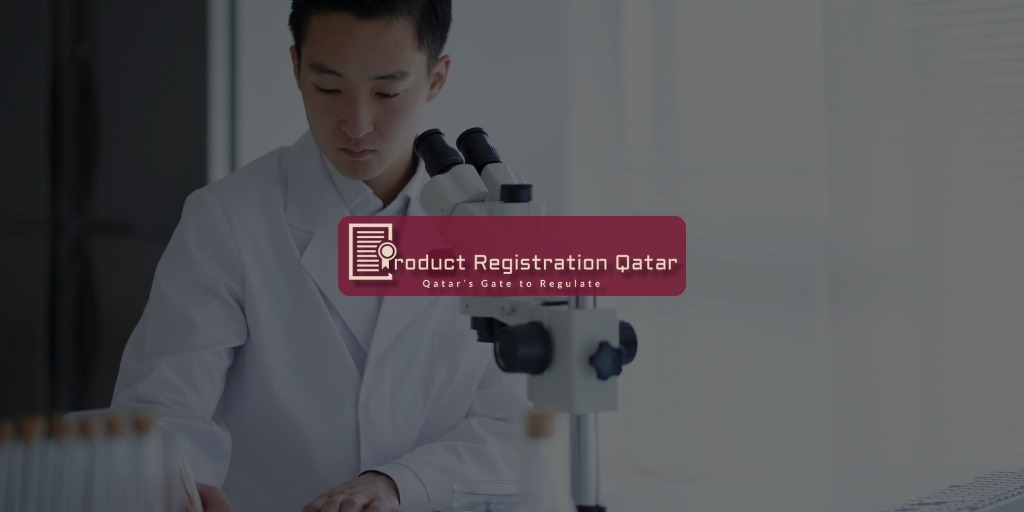MoPH Approval Qatar: Product Testing Rules & Fast-Track Guide
Get MoPH approval faster in Qatar—see why product testing is mandatory, required reports, timelines & how to avoid costly approval delays.
BLOGS
9/10/20253 min read


Why Product Testing Is Required
Before MoPH Approval in Qatar
Why Product Testing Matters for MoPH Approval
Getting your product approved by Qatar’s Ministry of Public Health (MoPH) is not just about filling forms and providing labels.
One of the most decisive factors is whether your product has undergone recognized laboratory testing.
MoPH treats test reports as the evidence that your formula is safe, compliant, and reliable for market entry.
Without them, approval is rarely possible.
Unlike many general regulatory steps, product testing is unique because it answers the core compliance question: does the product meet Qatar’s national health and safety standards?
For companies entering the market, this is the difference between a smooth approval and months of wasted time.
The Scope of MoPH Testing Requirements
MoPH doesn’t ask every product to undergo the same process. Testing requirements vary by category:
Supplements and nutraceuticals are checked for active ingredient levels, contamination, and shelf-life stability.
Cosmetics and personal care products are tested for microbial safety, banned chemicals, and physical properties such as pH or viscosity.
Food and beverage products undergo microbiological and chemical analysis to confirm safety during distribution and storage.
Disinfectants and detergents are tested for composition, toxicity, and environmental safety.
These aren’t random checks. They’re tied to the product’s risks and how it interacts with consumers.
Local Realities: How Long and How Strict?
In Qatar, most MoPH-approved laboratories take 2–4 weeks to complete testing. If results show non-compliance, companies must either reformulate or re-test.
This explains why early testing is critical—it avoids discovering problems after submission when delays are more costly. We’ve seen businesses lose entire sales cycles because they tried to cut corners.
MoPH also distinguishes between local and international lab results.
While reports from ISO 17025–accredited foreign labs may be accepted, they must be legalized, translated into Arabic, and reflect the exact formula sold in Qatar.
Many companies still end up re-testing locally to meet MoPH scrutiny.
Consequences of Ignoring Testing
Submitting without valid test reports usually leads to one of three outcomes:
Your file is marked “pending documentation” and stalls indefinitely.
MoPH reclassifies your product, requiring a new dossier and restarting timelines.
The application is rejected outright, costing months in lost opportunities.
These outcomes are not theoretical—they are common in cases where businesses rely on incomplete data or assume MoPH will be lenient. The reality is the opposite: the ministry is becoming stricter each year.
Turning Testing Into an Advantage
Far from being a bureaucratic hurdle, testing can actually accelerate your approval. Companies that conduct the right tests early often:
Gain faster acceptance because their dossiers are complete.
Build trust with distributors who see MoPH reports as proof of quality.
Reduce the risk of late-stage surprises, like banned ingredients or misleading claims.
How Product Registration Qatar Helps
Our role is to bridge the gap between regulatory expectation and business readiness. We:
Identify the precise tests your product requires based on MoPH’s evolving rules.
Partner with accredited labs in Qatar and abroad to get results quickly.
Review test reports for compliance language before submission.
Translate and legalize documentation so it passes MoPH checks without delays.
By handling both the technical and procedural sides, we transform testing from a roadblock into a strategic advantage for market entry.
Final Thought
MoPH approval is never granted on paperwork alone. Testing is the ministry’s assurance that your product is safe, compliant, and market-ready.
Businesses that treat it as a box-ticking exercise face delays and rejections. Those who approach it strategically, with expert guidance, achieve faster approvals and stronger market credibility.
Continue reading:
MoPH checks before approval? Read Label vs. Formula Validation: What MoPH in Qatar Really Checks.
Explore Quality Assurance & Certification to understand the role of Halal, ECAS, and safety audits.
Avoid missteps with MoPH Product Approval Failures in Qatar – Fix Guide (2025) and protect your timeline.
See how certified technical translation directly impacts your MoPH approval success in our new guide.
What the MoPH requires in our new 2025 guide on Functional Food Registration in Qatar.
💡 Need help?
Use the chatbot in the bottom-right corner or contact our team today for a free consultation on your MoPH testing and approval process.
Ready to Ensure Your Product is Fully Compliant?
Fill out the form below and let our experts guide you through label checks, formula validation, and registration—step by step.


